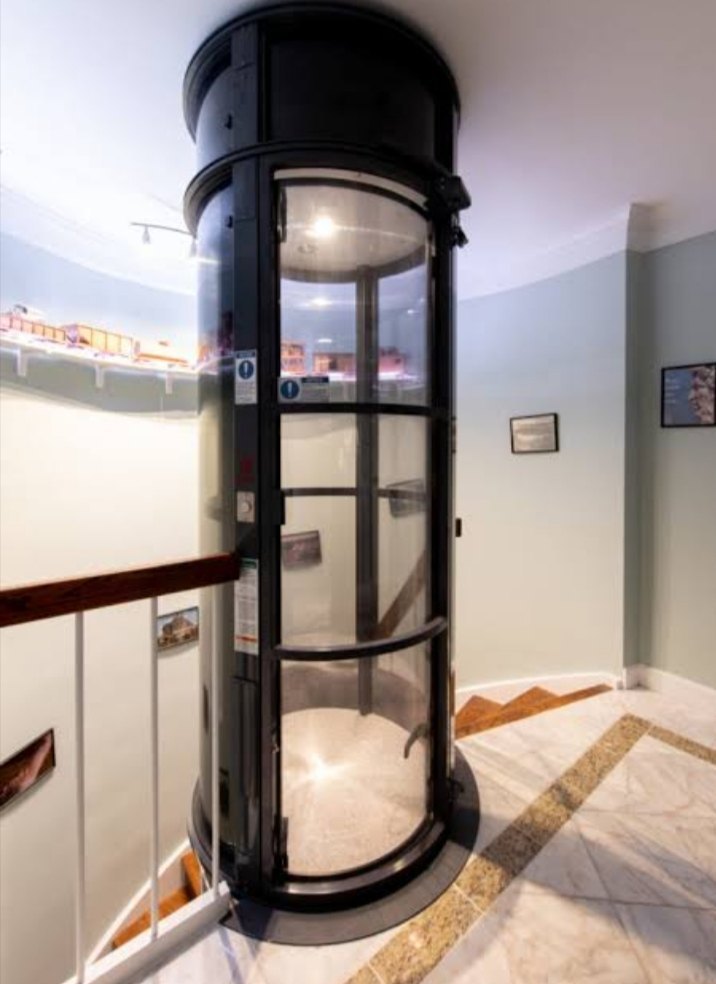In Stock
Lift Elevator Cost in Nigeria
The cost of a lift elevator in Nigeria depends on factors like the building height, elevator type, capacity, and additional features. Installation, maintenance, and energy efficiency also impact pricing. Choosing a high-quality lift ensures durability, safety, and smooth operation, making it a valuable investment for residential and commercial buildings.
Lift Elevator Cost in Nigeria
The cost of installing a lift elevator in Nigeria varies based on multiple factors, including the type of elevator, building height, capacity, customization, and maintenance. Elevators have become essential in modern residential, commercial, and industrial buildings, providing ease of movement, accessibility, and convenience. Whether for high-rise apartments, office buildings, shopping malls, or hospitals, investing in a lift elevator requires careful consideration of both initial and long-term costs.
Types of Lift Elevators and Their Cost Influence
There are different types of lift elevators, each designed for specific purposes and building requirements. Passenger elevators are the most commonly used in residential and commercial properties, offering smooth and efficient transportation between floors. Freight elevators are built for heavy-duty transportation of goods, commonly found in warehouses, factories, and industrial sites. Panoramic elevators, featuring glass cabins, are often installed in luxury hotels, shopping malls, and office complexes for aesthetic appeal and an enhanced experience.
Hydraulic elevators operate with a piston system and are best suited for low to mid-rise buildings. They provide a smooth ride but require a machine room. Traction elevators use steel cables and counterweights for movement and are ideal for high-rise buildings due to their energy efficiency and speed. Machine Room-Less (MRL) elevators are a space-saving option that eliminates the need for a separate machine room, making them a modern and cost-effective choice. The type of elevator chosen significantly affects its cost, installation complexity, and operational expenses.
Factors Affecting the Cost of Lift Elevators in Nigeria
Several factors influence the cost of a lift elevator in Nigeria. The number of floors in a building plays a crucial role, as taller buildings require elevators with advanced speed, load capacity, and durability. The lift’s capacity, which determines the number of passengers or weight it can carry, also impacts pricing. Customization and design preferences, such as premium cabin materials, touchscreen control panels, smart automation, and advanced lighting, contribute to the overall cost.
Energy efficiency is another critical factor. Modern elevators with regenerative drive systems and low power consumption help reduce electricity costs over time. Safety features such as emergency stop buttons, overload sensors, automatic rescue devices, fire-resistant materials, and backup power systems ensure passenger security and compliance with safety regulations. Advanced elevators equipped with smart technology, remote monitoring, and voice activation tend to cost more but offer superior functionality and convenience.
Installation and Maintenance Considerations
Proper installation is essential for ensuring the smooth and safe operation of a lift elevator. The installation process includes structural modifications, electrical system setup, and compliance with local safety standards. Professional installation ensures that the lift functions efficiently and meets building requirements. The installation cost varies depending on the type of elevator, shaft construction, and additional features required.
Regular maintenance is necessary to keep the elevator in optimal condition. Routine servicing, including inspection of mechanical components, lubrication, software updates, and safety checks, prevents breakdowns and extends the elevator’s lifespan. A well-maintained lift reduces repair costs and ensures long-term reliability. Having a maintenance contract with a professional service provider ensures prompt repairs, minimizing downtime and enhancing user safety.
Choosing the Right Lift Elevator
Selecting the right lift elevator for a building in Nigeria involves considering the specific needs of the property. Residential buildings may require compact and energy-efficient models, while commercial and high-rise buildings need high-capacity, durable, and fast-moving elevators. Working with reputable manufacturers and suppliers is essential to ensure quality, compliance with safety regulations, and professional installation services.
A well-chosen lift elevator improves property value, enhances accessibility, and provides convenience for occupants. Considering factors such as elevator type, safety features, customization options, energy efficiency, and long-term maintenance ensures a cost-effective investment. Investing in a high-quality lift ensures durability, safety, and efficient vertical transportation for residential, commercial, and industrial buildings in Nigeria.






Reviews
There are no reviews yet.